The Strange Reality of Phantom Money
In the modern gambling world, money is rarely cash in hand. Instead, it is translated into chips, tokens, or digital credits. For many, this translation does more than simplify transactions – it alters perception itself. Players handle chips or digital credits differently from banknotes, often taking risks they would never take with physical currency. This phenomenon, known as the psychology of phantom money, explains why betting often feels “unreal” until consequences arrive. Online platforms such as Spinanga casino provide a clear lens into this reality, where a digital wallet full of credits feels disconnected from the bills in your pocket.
The paradox is simple but profound: money that looks less like money tends to hurt less when lost.
The Origins of Phantom Money
From Clay Tokens to Digital Chips
The history of gambling has always involved abstraction. Ancient dice were not about wealth but ritual. Later, chips replaced coins in gambling halls not only for convenience but for psychological distance.
The Birth of Virtual Credits
Online gambling amplified this abstraction. By turning money into numbers on a screen, the sense of tangibility eroded even further. Today, a player might lose thousands but remember only the number of “credits” instead of the exact financial value.
Why Virtual Chips Feel Different
The Cushion Effect of Abstraction
When you hand over a $100 bill, you feel the weight of parting with something valuable. But when you convert money into 1000 credits, every spin costs just “50 credits.” The loss feels lighter, softened by abstraction.
The Illusion of Play vs. Finance
Chips resemble toys. They are bright, colorful, and stackable. Digital credits resemble video-game points. Both encourage the subconscious to treat gambling as play rather than financial transaction.
The Neuroscience Behind Phantom Money
Dopamine and Tokenization
Brains release dopamine not only when money is won but when the process feels playful. Tokens and credits activate the reward system more readily than plain cash.
Reduced Pain Response
Neuroimaging shows that spending cash activates the brain’s pain centers more than spending tokens. In other words, losing chips “hurts” less neurologically than losing cash.
Online Casinos and the Perfect Illusion
Online casino
On casino platforms, everything is mediated through virtual balances. Players rarely pause to translate credits back into real money during play. This creates a seamless flow where losses blur but wins feel sharp.
Infinite Replenishment of Value
Re-depositing funds becomes easy. With a few clicks, “phantom money” is topped up again, reinforcing the idea that losses are temporary and recoverable.
The Psychology of “House Money”
Winning Before Losing
Players who win early often treat chips as “house money.” The winnings feel unreal, so losing them feels painless – yet the spiral often eats into the original deposit.
Phantom vs. Realistic Risk
This mindset creates double standards: players guard their wallets fiercely outside the casino but throw away chips freely inside.
Emotional Consequences of Phantom Money
The Memory Bias
Research shows gamblers remember winnings vividly but losses blur into fog. Phantom money exaggerates this: losing chips feels like losing “points,” so it slips from memory faster.
The Comfort of Illusion
For many, phantom money is not deception but comfort. It allows people to risk, lose, and play without confronting the full emotional weight of financial consequences.
Cultural Interpretations
Chips as Ritual Objects
Anthropologists compare casino chips to ritual offerings. They represent value but are not value themselves. This allows gamblers to step into an alternative world where money transforms into symbolic play.
Phantom Money in Digital Culture
In the age of in-app purchases, skins, and game currencies, phantom money is normalized. Gambling simply amplifies this broader cultural trend of spending in disguise.
The Dangerous Edge
Addiction and Disconnection
Because phantom money dulls the sting of loss, players may gamble longer, riskier, and deeper than intended. This accelerates addiction.
The Collapse of Translation
When credit finally runs dry, players must face the real-world consequences. The abrupt translation from phantom to real can be devastating, both financially and emotionally.
Expert Insights
- Psychologists: Phantom money bypasses our natural aversion to loss.
- Economists: The abstraction of value distorts rational decision-making.
- Sociologists: Phantom money represents society’s wider move toward digital economies where “value” is increasingly symbolic.
Can Awareness Change Behavior?
Conscious Translation
Some experts suggest mentally converting chips back into real money each time. This slows decision-making and reintroduces the “pain of payment.”
Responsible Casino Design
Casinos could, in theory, make chips more transparently tied to real money. But most deliberately avoid this, since abstraction fuels profit.
Conclusion – Phantom Money as Both Mask and Mirror
Phantom money reveals a profound truth: gambling is not only about risk, but about reframing reality. Chips, tokens, and digital credits allow players to step into a world where loss feels less personal, and hope remains evergreen.
For some, this world is liberating. For others, it is a trap. Casino platforms embody this paradox, offering both joy and danger within the same abstraction.
Phantom money, then, is not just about finance – it is about psychology, identity, and the fragile balance between illusion and reality.
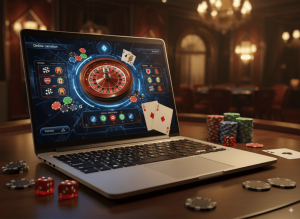
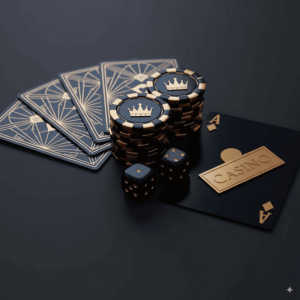




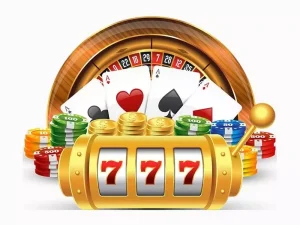




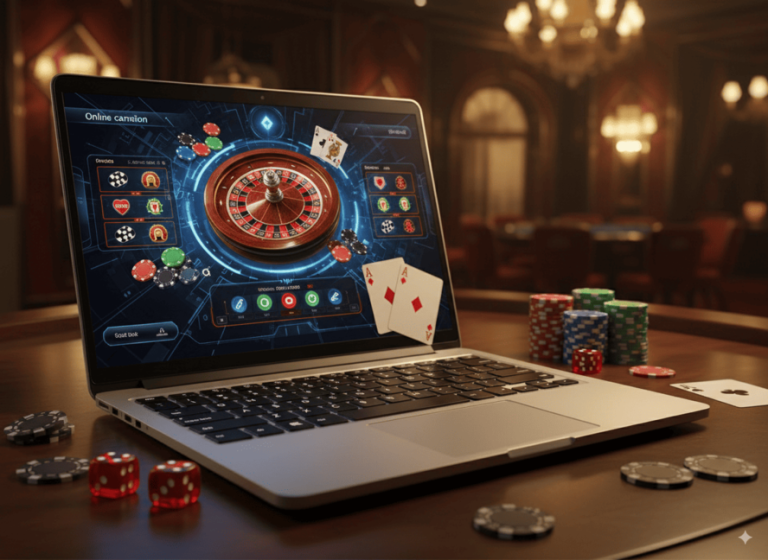
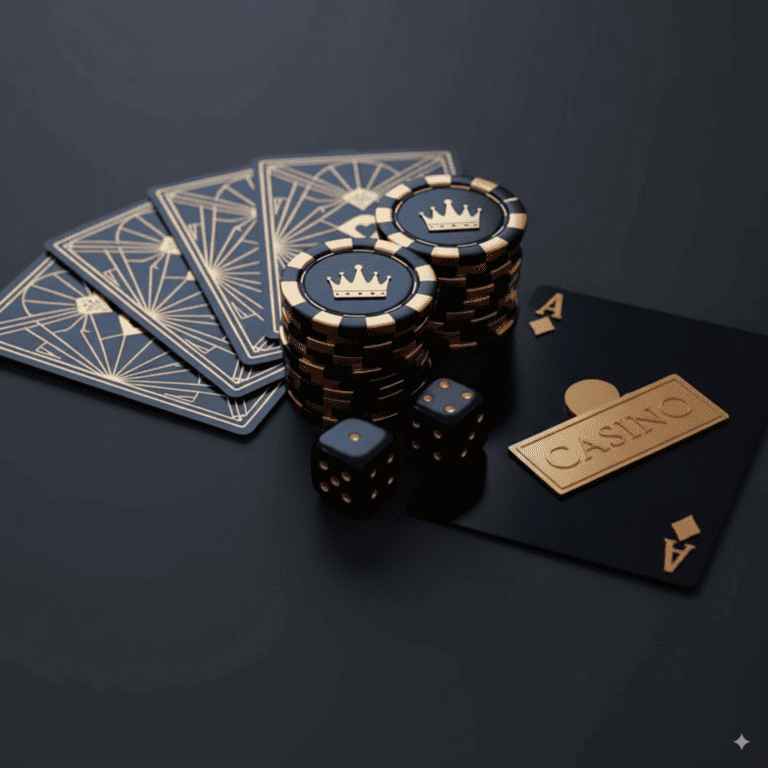


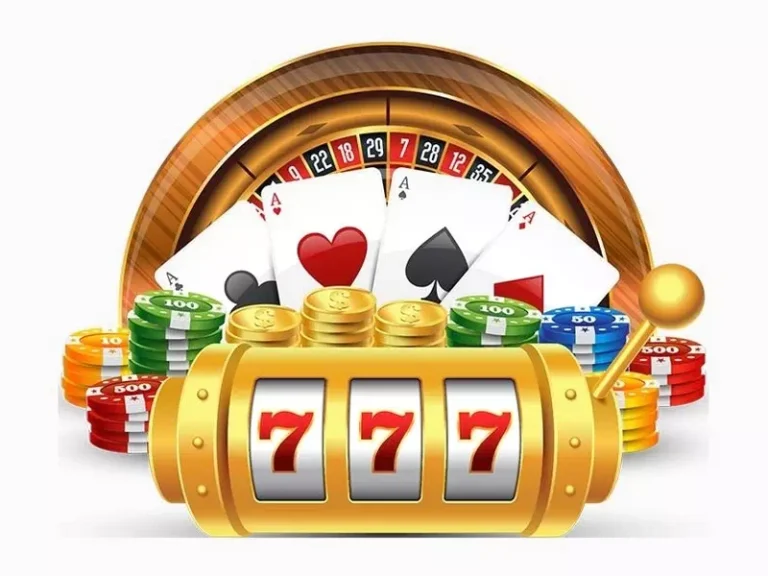
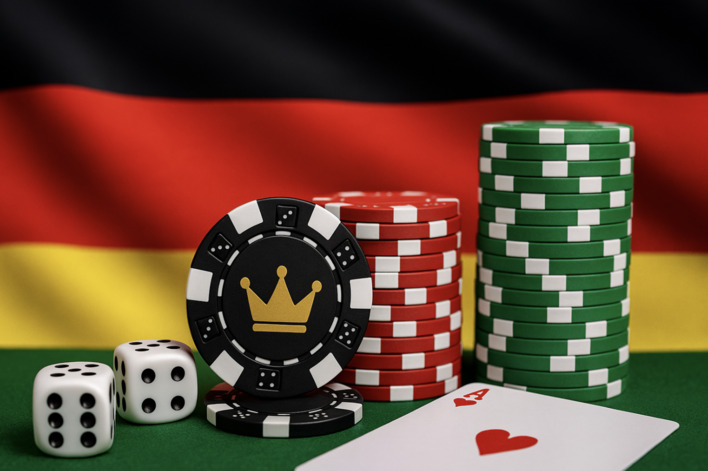
+ There are no comments
Add yours